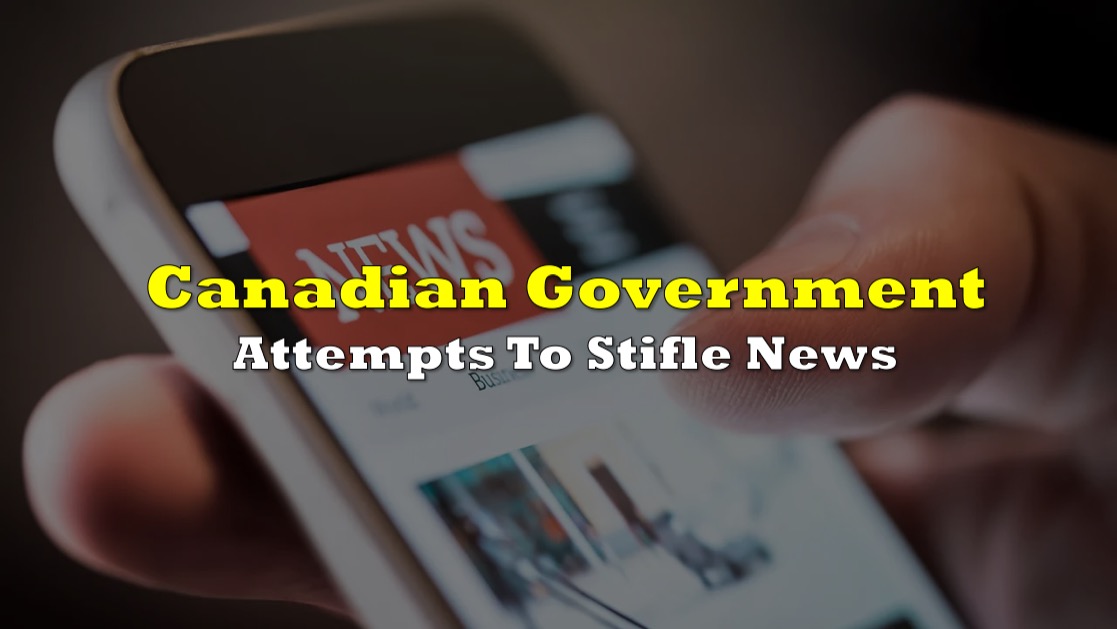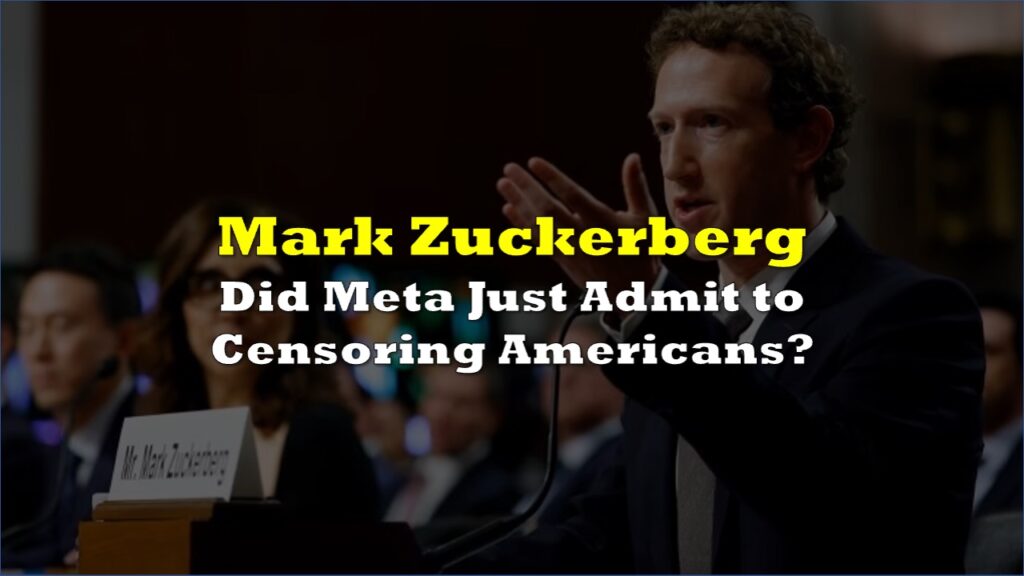Newly disclosed records show a federal government department requested that Facebook and Twitter delete a newspaper article that it believed included mistakes — but both social media firms refused.
According to material supplied by Immigration, Refugees, and Citizenship Canada, the request to remove social media posts that linked to an undisclosed Toronto Sun article came from a director of communications on September 27, 2021.
Per the documents, staff at the Immigration and Refugee Board of Canada, which reports to Parliament through the immigration minister but is otherwise independent, thought the article contained “serious errors of fact risking (and) undermining public confidence in the independence of the board as well as the integrity of the refugee determination system.”
The social media companies eventually stated that they were denying the request since the article was not their own.
The Conservative Party of Canada claimed Tuesday that Prime Minister Justin Trudeau’s government “cannot be trusted” to preserve Canadians’ freedom of expression.
“No government should be able to demand that news be erased from history simply because they do not like the facts,” Conservative MP Rachael Thomas said in a statement. “It is extremely concerning that the Trudeau government has sought to censor the free press through secret requests to big tech companies.”
Leader of the Opposition Pierre Poilievre weighed in, noting that the “censorship attempts have already begun.”
So the censorship attempts have already begun.
— Pierre Poilievre (@PierrePoilievre) April 12, 2023
The Trudeau government has asked tech giants to make news articles that they don’t like disappear.
Scary stuff.
Sign here to fight censorship now: https://t.co/BewRL0AILI https://t.co/ud8eUeBCz2
Papers tabled in Parliament indicate 214 instances in which Ottawa requested that social-media information be removed between January 2020 and February 2023. Businesses removed posts around half of the time for reasons such as impersonation or copyright infringement. The materials were delivered in response to a written question from Conservative MP Dean Allison.
In another case, the Canada Revenue Agency asked Facebook Messenger to remove private communications after employees exchanged taxpayer information on the platform. The agency stated that the chat was erased by an administrator on June 7, 2022, although it was unclear whether Facebook deleted the messages from its systems.
In a third case, Meta, the company that owns Facebook, agreed to remove an account that was impersonating former RCMP Commissioner Brenda Lucki and sending others bogus messages.
Facebook, Instagram, Twitter, TikTok, and LinkedIn all agreed with numerous demands regarding material that violated intellectual property or corporate regulations. Yet, social media corporations frequently maintained messages that the government and its ministries deemed inappropriate.
According to Google’s reports, it has received 1,347 requests to remove posts from Canadian government agencies, whether municipal, provincial, or federal, since 2011. In its recent data, Google, which also owns YouTube, removed 73 posts between January 2022 and June 2022, primarily due to defamation, privacy and security issues, pornographic content, and bullying and harassment.
Meanwhile, Meta stated that it blocked content access in response to 2,859 requests from all levels of the Canadian government between January 2022 and June 2022 for a variety of reasons.
Bill C-18
Many observers see this recent developments as a precursor of the proposed Bill C-18. In essence, this would necessitate compensation from tech companies such as Google and Meta for the content that appears on their platforms.
The Liberals say that Bill C-18, which is currently being debated in the Senate, will benefit the Canadian journalism sector, which has experienced substantial decreases in advertising revenue over the last decade.
Bill C-11 & Bill C-18 aren’t even fully passed and they are trying to ban Fox News. They will stop at nothing to keep us from seeing dissenting views or even the truth for that matter. https://t.co/nx80c8Q6Hx
— Holls (@thatssoholls) April 5, 2023
If enacted, the legislation would allow news organizations to strike private arrangements with technology corporations. If an agreement cannot be reached, news organizations will seek mediation from the Canadian Radio-television and Telecommunications Commission (CRTC).
Facebook, Google, and Apple have already entered into agreements with several news organizations to pay for the use of their news pieces.
According to the Parliamentary Budget Officer, an independent group that provides economic and financial research to MPs and senators, the measure would deliver a $329-million cash infusion to the Canadian news business.
So why are tech companies criticizing Bill C-18?
The proposed legislation has been attacked by both Google and Meta. Google has cautioned that the law, as written, may result in a “link tax,” forcing it to pay news organizations for links to stories and “fundamentally breaks the way search (and the internet) have always worked.”
According to Google Canada, the measure might assist “bad actors” and lead to the regulatory system being “gamed and misused” by fringe news organizations.
Google recently made adjustments in response to the proposed legislation, limiting news articles from Canadian sources for around 4% of the population for the next four weeks.
That’s why we introduced the Online News Act. Tech giants need to be more transparent and accountable to Canadians. (2/2)
— Pablo Rodriguez (@pablorodriguez) February 23, 2023
Because of anger with the bill, Facebook announced in October 2022 that it was considering barring Canadians from sharing or watching news material. It has not yet restricted any content for Canadians, but precedence exists for the escalation.
In a similar vein, Bill C-11, an online streaming proposal that will revise Canada’s broadcast regulations and give the CRTC the authority to regulate streaming sites such as Netflix, YouTube, Amazon Prime, and Spotify, was just passed by the Senate with changes. The streaming companies would have to promote and subsidize Canadian material, such as films, TV series, music, and music videos. The measure will be returned to the House of Commons for consideration of the amendments.
Bill C-27, introduced in June, is a privacy law that would offer Canadians more control over their personal data, levy fines on non-compliant digital platforms, and establish new guidelines for the use of artificial intelligence. The House of Commons is now debating it.
Information for this briefing was found via National Newswatch, The Globe And Mail, and the sources mentioned. The author has no securities or affiliations related to the organizations discussed. Not a recommendation to buy or sell. Always do additional research and consult a professional before purchasing a security. The author holds no licenses.









